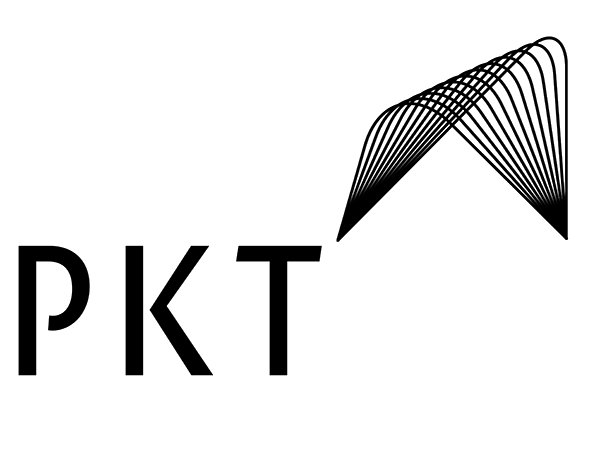
Board Education – Learn How to Lead and Succeed in the Boardroom
Anyone who has been invited to join or participate in decision-making settings such as the Boardroom knows that there is a lot at stake. It is not just a financial imperative; it is a matter of moral and ethical responsibility to make the right choice. Leaders and decision-makers are responsible for finding the best solutions and strategies, even if the choices are unpopular. Understanding the best practices and strategies for successful Boardroom leadership can be key to success.
The Basics of Boardroom Education
Boardroom education is an essential component of any leadership role. It consists of a range of knowledge and skills that effective boardroom leaders need to possess. First, it involves an understanding of the company’s stakeholders and how their interests can be served through the decisions made in the Boardroom. Another critical component is understanding how the Boardroom decision-making process works. This includes how board members interact with each other and how non-board members, such as external advisors or staff, can influence decisions.
Having a strong grasp of the business in question and the industry is important. This means being able to read financial statements, interpret industry trends and prepare informed decisions. To truly succeed in the Boardroom, you also need to be creative and think outside the box, a skill often cultivated in a business setting.
Boardroom Etiquette
Strict adherence to a protocol can often make or break the outcome of Boardroom sessions. Being able to conduct oneself in an appropriate, professional and courteous manner is an essential part of Boardroom education. Learning how to be respectful of others and help foster a collaborative atmosphere is important. As well, understanding how to dress appropriately for the occasion and how to carry oneself in the space can be essential.
Finally, being able to make informed and witty comments can be essential for creating a space in which all participants can join in. Being considerate of others’ views, allowing room for others to speak and responding to different points of view in an intelligent and insightful manner are all valuable skills that should be a part of Boardroom Education.
Developing the Right Communication Strategies.
Boards of directors are responsible for overseeing the operations of a business. As part of their role, they need to be able to effectively communicate and build consensus between different stakeholders within the organization. However, effective communication can be difficult in a boardroom setting, as there are a variety of different points of view and backgrounds to consider. This is where boardroom education comes in. By understanding the theories of communication and how they relate to the dynamics of a boardroom, board members and other stakeholders can develop effective communication strategies tailored to the specific needs of their organization.
The Theory of Communication:
Communication is a two-way process that involves sending and receiving information. When two parties interact in a boardroom setting, it’s important to recognize their differences and communicate in a way that all participants understand. This requires an understanding of the basic theories of communication.
The first theory is the theory of language. Language consists of words, phrasing, word choice, grammar and other aspects that influence how we communicate. In a boardroom setting, being able to effectively articulate ideas and statements is important to ensure clear communication.
The second theory of communication is non-verbal communication. This includes facial expressions, gestures and even silence. Non-verbal cues can convey a message just as much, if not more so, than verbal cues. Understanding how people in the boardroom are responding to each other non-verbally can help to avoid misunderstandings.
Lastly, the theory of motivation is important in the boardroom. Motivation is the drive behind the communication. If a message is not motivating, it will not be heard or noted. To ensure that messages are heard and acted upon, they should be clear and motivational in nature.
Effective Communication Strategies:
Understanding the theories of communication provides a good foundation for developing effective communication strategies tailored to the boardroom. Here are a few tips to help ensure effective communication within the boardroom:
1. Ask Questions: Asking questions is a great way to ensure that everyone in the boardroom is on the same page. It’s also a way to gain different perspectives and insight into the situation, which can help shape the decisions being made.
2. Clarify Expectations: To ensure that everyone is on the same page, it’s important to clarify expectations from the start. This includes defining clear roles and responsibilities, as well as outlining any deadlines or other expectations.
3. Encourage Participation: Encouraging participants to actively contribute to the discussion is an important part of effective communication. This helps to ensure that each person has a chance to be heard and that all points of view are considered.
4. Summarize and Review: During the meeting, it’s a good idea to periodically summarize and review the points that have been made to ensure that everyone is on the same page. This helps to keep the discussions on track and minimizes misunderstandings.
Conclusion
To truly succeed in a Boardroom setting, having a comprehensive understanding of Boardroom Education is the key. From understanding the stakeholders and the business at hand, to learning about Boardroom etiquette and how to conduct oneself in a professional and courteous manner, there are many elements to learn and hone. With the right knowledge and skills, any leader can be ready to make the important decisions and help their organization reach success.
Talk to us about planning your next Management Retreat
Leadership retreats for executives




